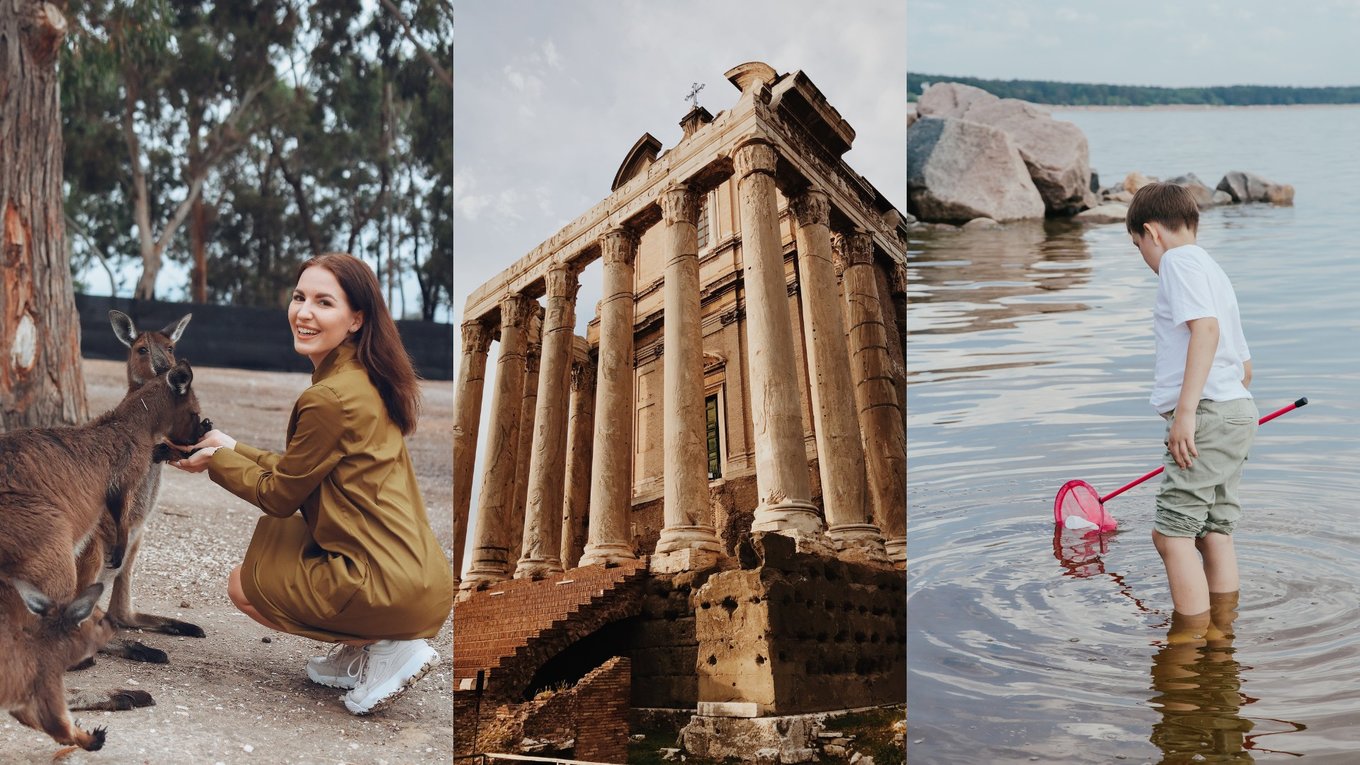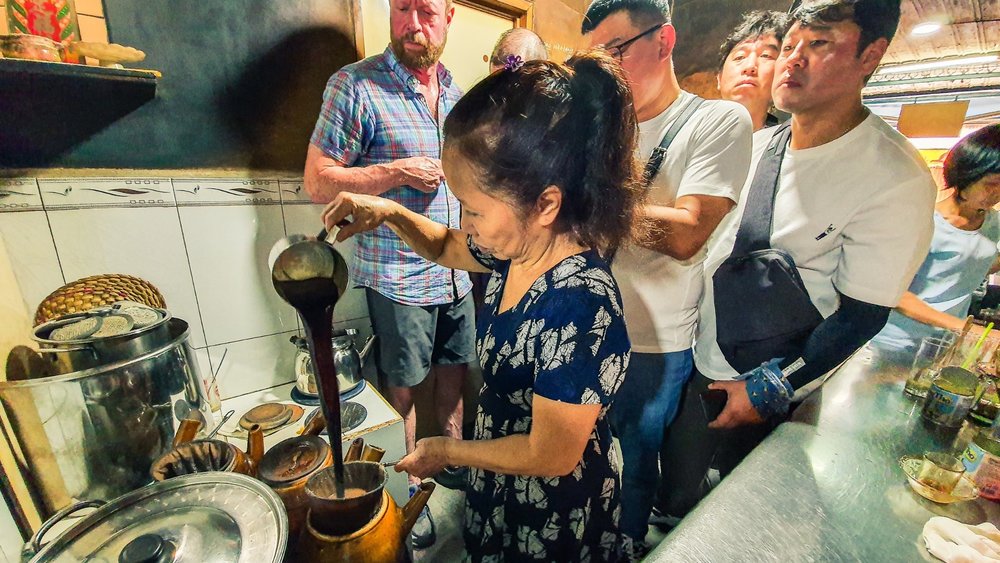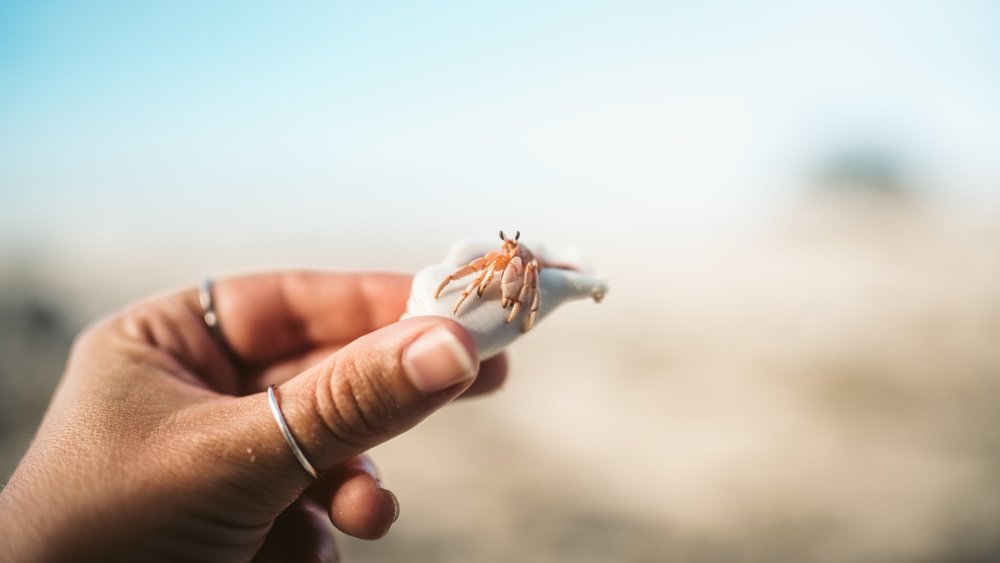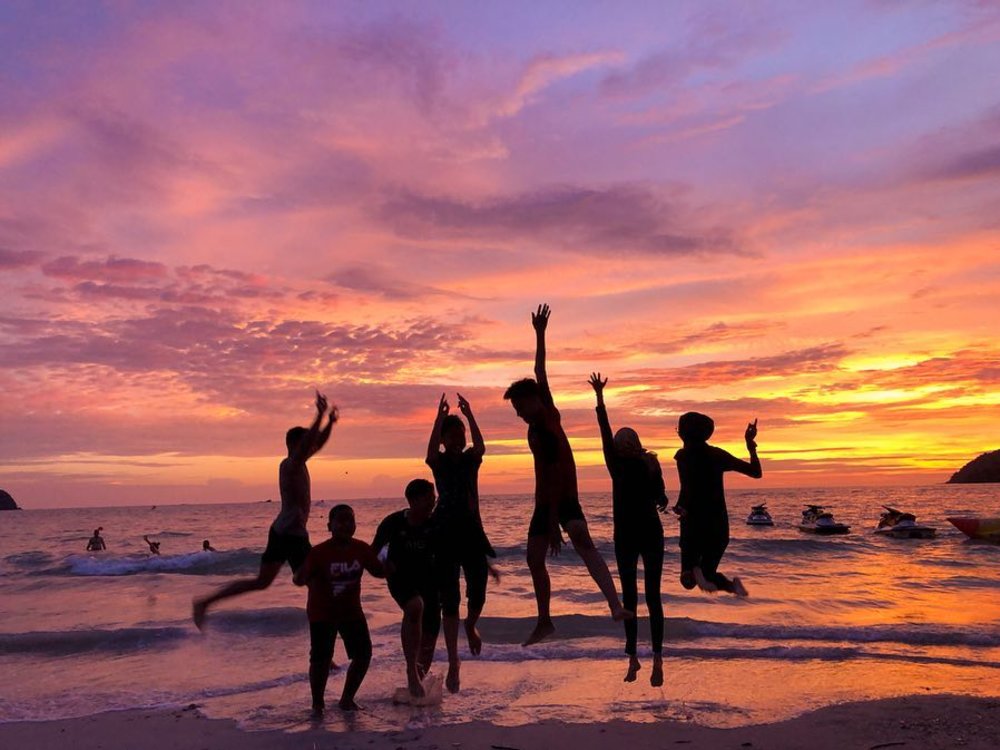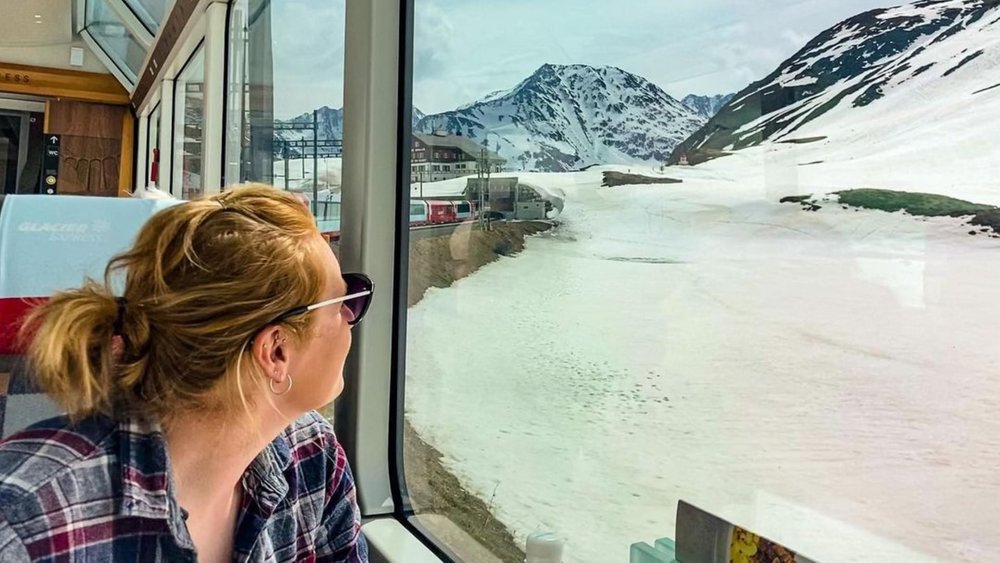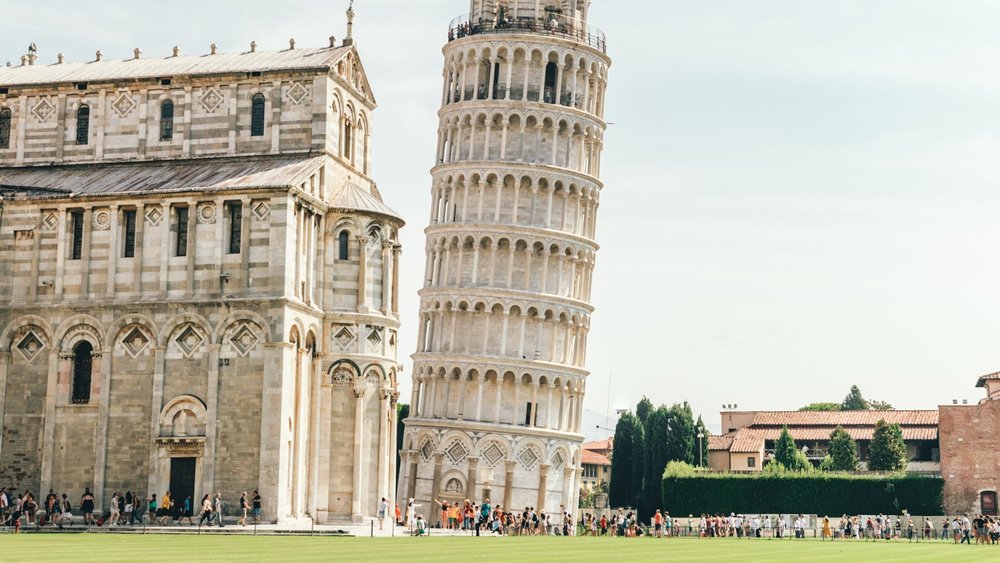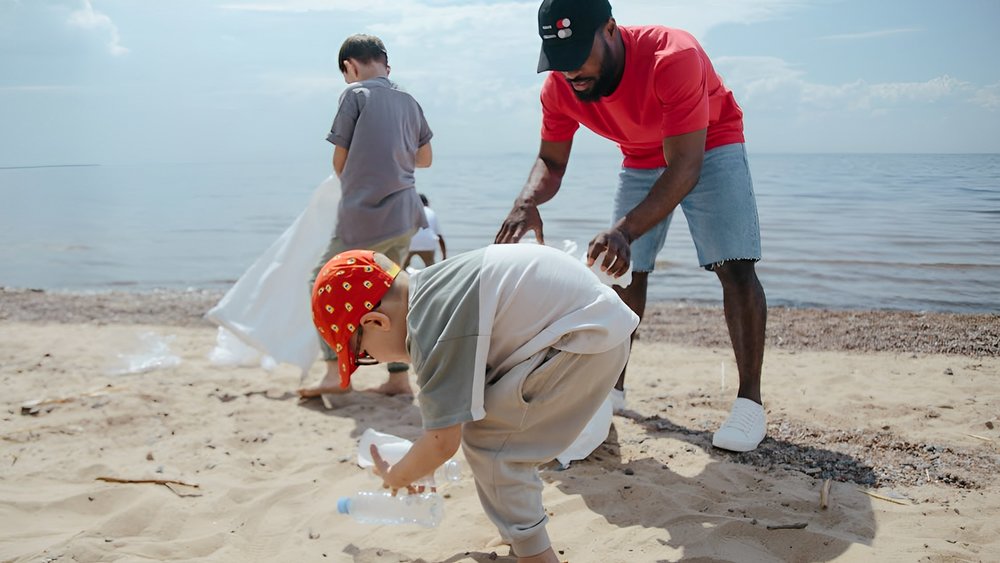Here at Klook, we’re committed to being responsible tourists and ensuring that any place we visit we leave the same, or better, than how we found it. This is the best way to ensure an authentic and joyful experience, which, of course, is the best kind of travel experience.
With the challenges facing our world at the moment, it's now more important than ever to be more responsible and sustainable in everything we do. It’s true that “sustainable travel” could seem like a bit of an oxymoron if we’re only considering our carbon footprint, but we also know that the positive benefits of travel for communities (when done right) in terms of both economics and cultural understanding are undeniable. So when we’re traveling, we want to reduce the emissions we produce, keep the nature we visit unharmed, and make sure we put our tourist dollars in the hands of those who will benefit most.
Here are some of our sustainable tips for how you can be a responsible traveler the Klook way:
1. Go local
Seek out local food, shops, artisans, activities, and other businesses, especially in economies that are heavily reliant on tourism. By supporting local entrepreneurs and family-owned businesses, you’re putting more money directly into the pockets of those who need it most. Check out this private tour of Ho Chi Minh City, Vietnam, that is run by young locals who love to share their city with friends from around the world.
2. Say no to plastics
As a planet, we produce over 400 million tonnes of plastic each year, a huge proportion of which ends up in our oceans and kills hundreds of thousands of sea creatures each year. The worst culprits, single-use plastics (think plastic bags, packaging, straws, disposable cups, and utensils), are made almost entirely from fossil-fuels (98% in fact), which is the primary contributor to global warming and climate change.
How can you make a change? Pack a tote bag when you travel so you never need to use a plastic bag when shopping, get to know the local recycling policy and be sure to recycle correctly, always pick up your trash, and join a beach cleanup or “plogging” (jogging and litter picking) event while you’re away.
3. Take memories only
The natural environment should be observed and admired, but never disturbed. When you’re traveling, take a photo as a souvenir, but no more. This goes for natural items such as coral or shells, but also cultural heritage like stone from ancient buildings.
What’s more, if you’re caught leaving the country with something, you’ll likely find yourself in a lot of trouble too.
4. Avoid animal exploitation
Although it's quite thrilling to encounter wildlife when you travel, make sure it's done in an ethical way.
Remember to check reviews before visiting a zoo or aquarium and make sure they're part of a clear education and conservation program. Never touch animals in the wild and don’t watch shows or performances involving wild animals. Captive feedings should be part of a zoo program under the guidance of qualified staff.
Check out Klook’s Animal Welfare Policy for more details.
5. Travel slower
A jetset lifestyle of flying off to a different city every weekend might sound like #lifegoals but actually, there’s no worse way to travel when it comes to your environmental impact.
The carbon emissions produced from many short flights are far more damaging than the occasional long-haul flight.
Take time to really get to know a destination by taking longer trips and enjoying slower travel.
6. Take the scenic route by rail
On a similar note to slower travel, experiences in which you can relive the golden age of rail travel are really making a comeback, which will of course help reduce your carbon footprint too.
There are numerous scenic rail trips out there that give you an experience you just couldn’t get on a flight.
Check out the Glacier Express and the Swiss Travel Pass for Switzerland’s most breathtaking routes, the Japan Rail Pass for the most efficient way to explore Japan; and the Eurail Global Pass to get you around Europe by train.
7. Stay at an eco-friendly accommodation
It’s easier than ever to have peace of mind that your choice of accommodation is eco-friendly with a rise in environmentally and socially sustainable strategies that hotels can implement that go beyond “reuse your towel” policies.
Hotels that have been certified by credible organizations such as Leadership in Energy and Environmental Design (LEED) and EarthCheck also ensure other factors for sustainability, such as fair wages and renewable energy sources.
8. Get to know local culture and religion
When you're exploring a new place, it's important to have a basic understanding of the local culture - it adds so much value to your experience! By having some knowledge of the intangible cultural heritage, you can make genuine connections with the locals and avoid unintentionally stepping on any toes.
Do a little research on the place's history before you go, pick up a few words in the local language, and make an effort to meet and hang out with the locals.
And of course, always be super respectful of religious customs. It's all about embracing the local culture and showing some love to the community you're visiting.
9. Volunteer
“Voluntourism” is a great way to introduce a sustainable element to your travels. It could be in the form of teaching, conversation, community support, or many other programs such as WWOOFing (Worldwide Opportunities on Organic Farms), or even simply seeking out local volunteer schemes such as a beach cleanup or pet rescue. Just be careful to vet the program before you sign up.
10. Travel off-season
Overtourism is like the buzzkill of travel, seriously. It messes things up big time—nature gets wrecked, local communities get overwhelmed, and it's far from that authentic "live like a local" experience we all crave.
But fear not! There's a way to beat the madness and still have an awesome holiday. Here's the deal: go off the beaten path and hit up those underrated spots.
And you wanna know a secret? Traveling off-season is where it's at! Not only will you have a way more chilled-out trip without the big crowds of tourists, but you'll also save money.
So let's explore the road less traveled, catch those hidden gems, and make unforgettable memories without all the stress.

